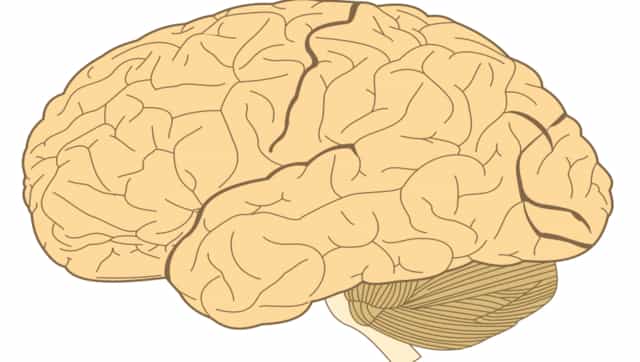Losing weight is a good target to have, especially if you’re overweight or obese and at a higher risk of chronic diseases like diabetes, hypertension or heart disease. Having weight loss goals and sticking to them is even more important given the fact that the obesity pandemic has seen growth in recent years. A number of factors contribute to or may be the chief cause of obesity, including metabolism, cognition, eating behaviours and the state of the gut microbiome. In recent years, many studies have been conducted on how these factors may affect or regulate your weight gain and weight loss tendencies. In this regard, the gut-brain axis or connection has been a major discovery. Some studies have shown how harmful gut microbes can cause neurological diseases and other studies have found that regulating the gut microbiome can prevent diseases like Parkinson’s and Alzheimer’s. The gut-brain axis and weight regulation A new study published in the journal Neurolmage suggests that the gut-brain axis may predict whether or not you’ll lose weight in the future. The researchers set out to examine if your neural networks can predict your future weight-regulating behaviours, which can help you shed excess weight. Their motives for this research were inspired by a 2016 review that connected three potential neural factors with impaired or faulty weight regulation:
- Over-sensitivity to palatable food cues or an excess liking of tasty food
- A deficit inhibitory control, meaning you can’t control your cravings
- Abnormal reward processing or thinking that you deserve to eat more as a reward for something you’ve done right
The researchers, therefore, set out to examine if these neural factors do indeed prove the existence of gut-brain interactions that regulate weight. So, they set out to study if the resting-state functional connectivity (RSFC) of the brain, as measured through fMRIs, may predict future weight loss behaviours. Functional connectivity refers to the dynamic functional connection between two spatially distinct parts of the brain, which can trigger different types of neurophysiological responses. How brain networks may influence weight loss patterns The study recorded the fMRI scans of 294 participants under 30 years of age who were enrolled in the Dietary Intervention RandomizEd Controlled Trial PoLyphenols UnproceSsed (DIRECT-PLUS) study, which was designed to test the influence of the Mediterranean diet on weight and overall health. All the subjects were recruited from offices and were provided with a well-monitored lunch and all of them were selected based on their large waist circumference and abnormal lipid or cholesterol profiles. Those who were unable to stick to regular physical activity were excluded. All participants were also given free gym memberships and moderate-intensity aerobic classes at their workplace. Six months into the study, 92 of the participants were able to lose 2.47-5.86 percent of their total body weight. Through the fMRIs conducted during this period, the researchers were able to identify a significant brain subnetwork, the activities of which positively correlated with weight loss. This subnetwork was not associated with age or body mass index of the participants who successfully lost weight but was instead linked to the arousal of the brain’s pericalcarine sulcus region - the site which regulates visual information. This study therefore clearly establishes a positive link between neural activities and weight regulating behaviours and the researchers believe visual information and stimulation plays a central role in it. The findings also coincide with the theory that many people gain weight and continue to be obese due to an over-sensitivity to food cues, which are triggered through visual stimulations. The researchers hope that further study into this subnetwork of the brain and how it functions can perhaps help develop better therapies for those with obesity and overweight-related issues. For more information, read our article on Weight loss. Health articles in Firstpost are written by myUpchar.com, India’s first and biggest resource for verified medical information. At myUpchar, researchers and journalists work with doctors to bring you information on all things health.


)

)
)
)
)
)
)
)
)



